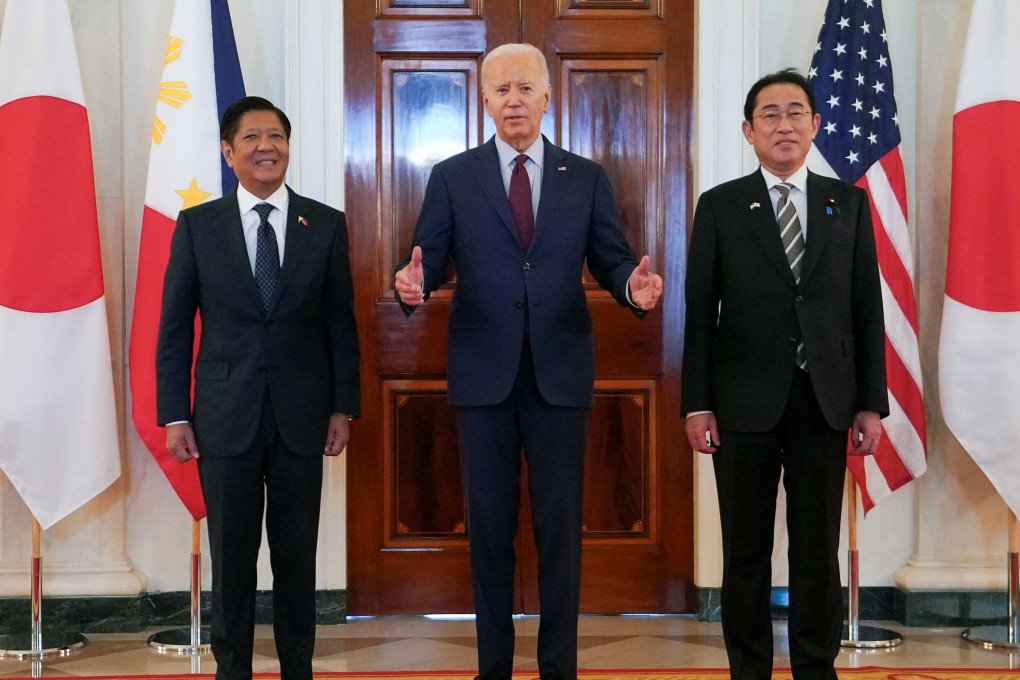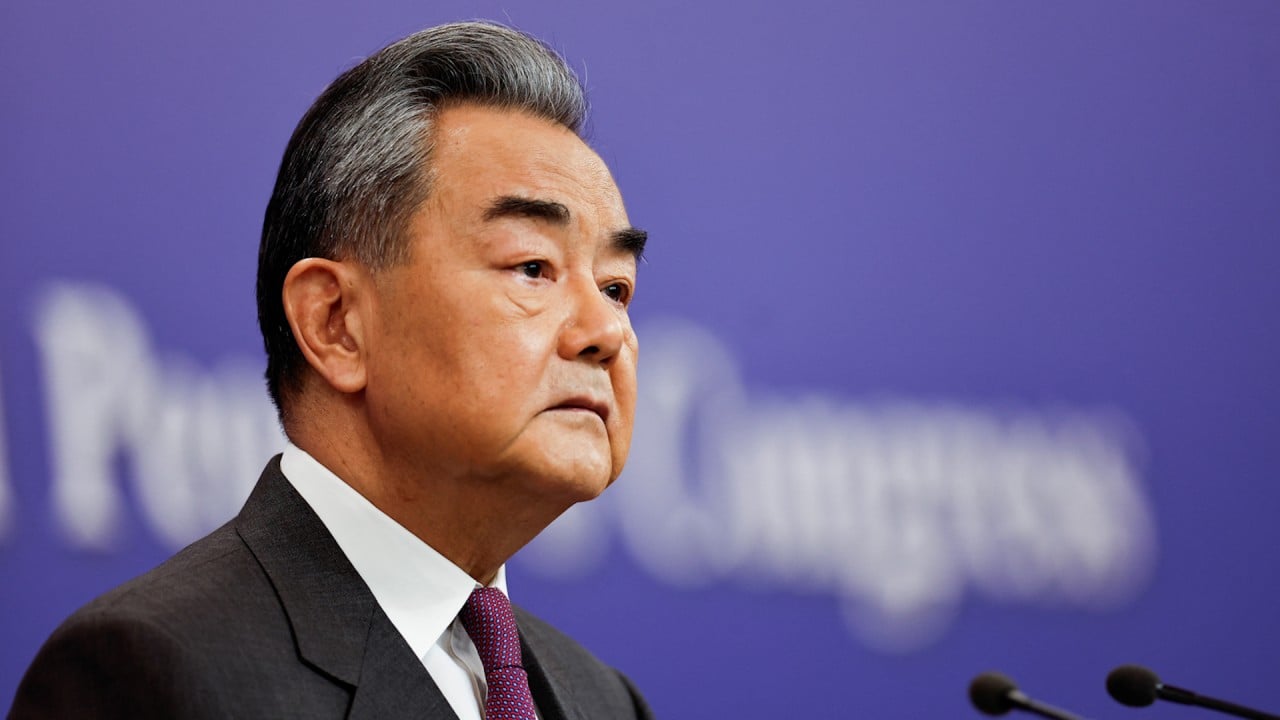Advertisement
Global Impact: Asian nations take up defensive positions as Blinken’s Beijing visit falls short of cooling US-China tensions
- Global Impact is a weekly curated newsletter featuring a news topic originating in China with a significant macro impact for our newsreaders around the world
- In this week’s issue, we look at how Asian nations have been making moves with an eye on the ever evolving relationship between China and the United States
Reading Time:6 minutes
Why you can trust SCMP

Global Impact is a weekly curated newsletter featuring a news topic originating in China with a significant macro impact for our newsreaders around the world. Sign up now!
Advertisement
With the rivalry between the United States and China showing no signs of abating, countries in Asia have taken steps to strengthen their defence and strategic security, or prevent tensions from spiralling.
In a meeting with US Secretary of State Antony Blinken in Beijing last week, Chinese President Xi Jinping called on the US to be a partner of China instead of “saying one thing and doing another”.
Blinken, in turn, raised concerns about China’s supply of goods that could have military uses to Russia, and days later the US imposed sanctions on 20 Hong Kong and mainland Chinese companies for alleged involvement in the development of Russia’s industrial base and military.
Last month, the US, Japan and the Philippines held their first-ever trilateral summit aimed at what the White House called “deepening and revitalising existing alliances and partnerships”, adding that China has “no reason” to view it as a threat.
Before the summit, President Joe Biden and Japanese Prime Minister Fumio Kishida had announced a raft of agreements spanning defence, space, culture, diplomacy and research, and agreed to respond to challenges concerning China through close coordination.
Advertisement

Advertisement
